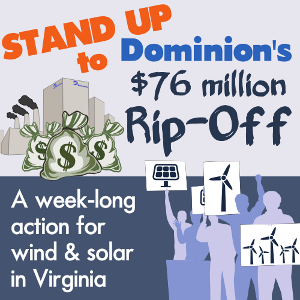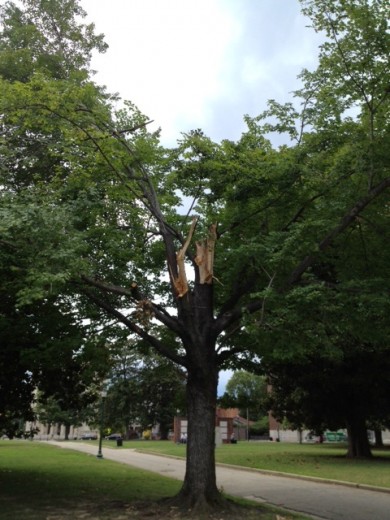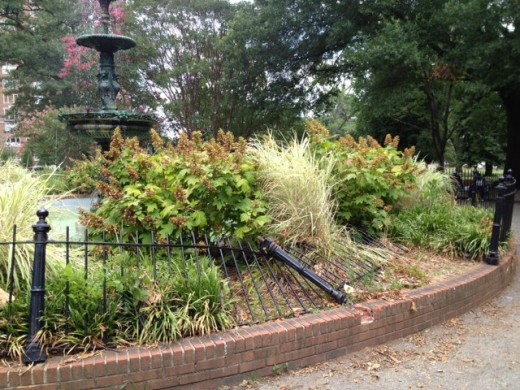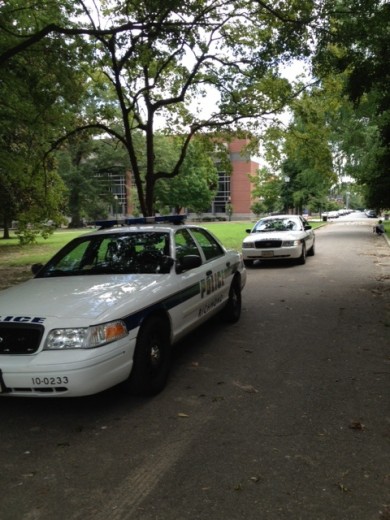From email:
Hey! I’m from Knoxville TN. Recent news in Knoxville is that the University of Tennessee is planning to further encroach on the adjacent historic Fort Sanders Neighborhood. Anyone with experience in the Oregon Hill effort to maintain boundaries with V.C.U? I’m planning to blog and and hoping to gather some hope though any stories of creative approach to the issue in your neighborhood. Thanks! Jennifer
Jennifer,
Thanks for writing. I will try to send you some other information, but here is an update on the situation with VCU:
VCU still refuses to put in place any longterm, binding agreement to protect the neighborhood.
https://www.oregonhill.net/2008/10/24/ohna-president-asks-vcu-to-take-positive-step-for-true-community-partnership/
https://www.oregonhill.net/2011/06/27/issue-1-still-no-positive-step-from-vcu/
The last we heard, anything new would come forward in community sessions for VCU’s next Master Plan.
The problem is that VCU can make adjustments to their Master Plan at any time in support of their encroachment, and in fact did so the last time we had an issue.
To paraphrase a neighbor’s published column:
In 2004, the VCU 2020 Master Plan, page 88, marked a dotted-line boundary between VCU and Oregon Hill. We believed VCU would honor this boundary. That belief proved to be false.
In 2007 — despite opposition from multiple neighborhoods — the VCU Executive Board, desiring more property within the Oregon Hill Historic District than their previous Master Plan allowed, chose to breach the boundary of good faith by amending the border to facilitate the acquisition and demolition of a livery stable built to service the landmark City Auditorium.
The property in question, 911 Green Alley, was listed on the National Register of Historic Places and the Virginia Landmarks Register as a contributing element to the Oregon Hill Historic District. A Times-Dispatch article from November 12, 2006, extolled this stable’s amazing renovation and adaptive reuse. The sister stable at 917 Green Alley, listed on the historic registers as well was slated for demolition. VCU also destroyed Green Alley on this block. Green Alley was part of the historic streetscape established circa 1817. We are unaware of any other Virginia agency ever acquiring a fully renovated property listed on these registers with the intent to demolish. Implications loom large for other historic communities.
In other words, Master Plans CANNOT be trusted.
So right now, this state of mistrust still exists between the neighborhood and VCU and so far VCU has done nothing to alleviate it.
I wish I had better news. Sadly, citizens and neighborhoods have a tough time in disputes with large institutions and corporations. The difference in available resources is one thing, but now its hard to even find any rule of law. I will send you some other stuff via email and, of course, my best wishes.
Thanks,
Scott




